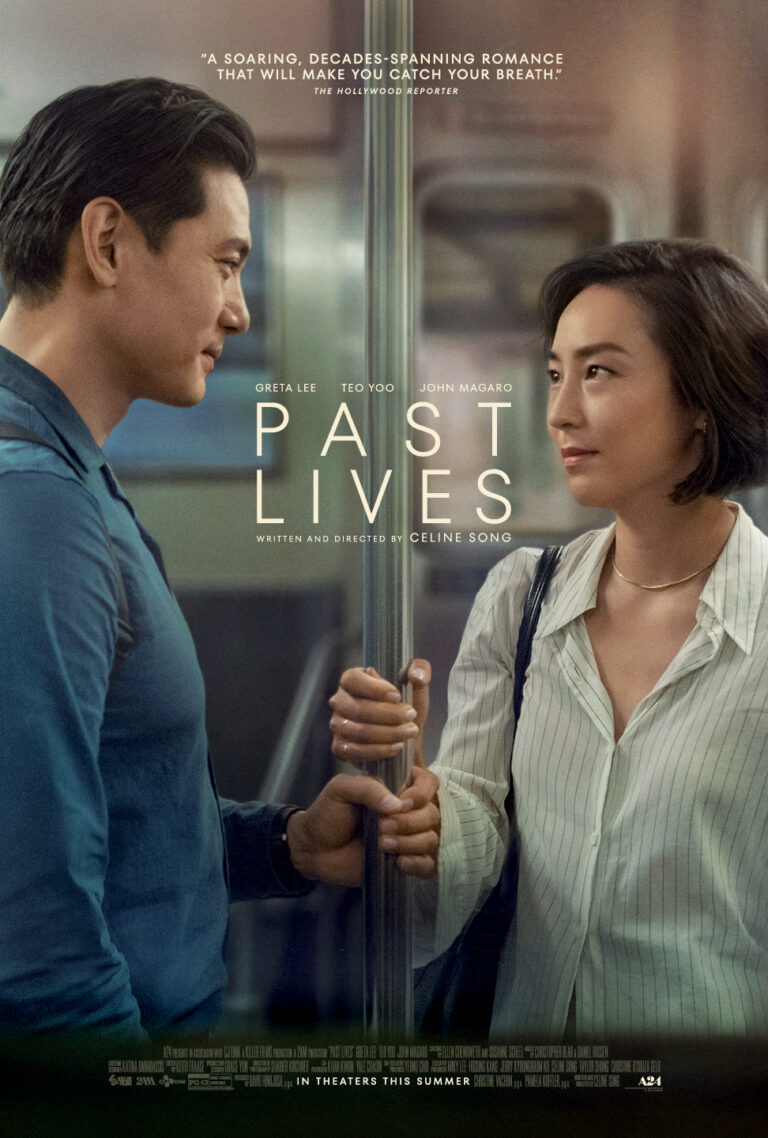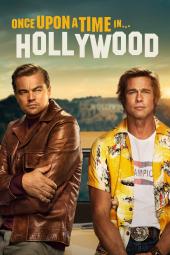The Return Christian Review

Some films demand patience; The Return asks for your soul. This isn’t a movie that casually entertains on a Friday night while popcorn kernels pop in the microwave. Instead, it’s a cinematic wilderness, stripped down and stark, where each gust of wind carries weight, and every pause between words is filled with tension. This is a Ralph Fiennes and Juliette Binoche masterpiece—not because it shouts brilliance, but because it whispers it in a language you have to learn as you go.
A World as Old as Dust, Yet Strangely Familiar
Set in a time that feels ancient yet eerily modern, The Return captures an existence that feels untouched by hope yet haunted by its shadow. Pasolini paints the screen with a muted palette that doesn’t just suggest bleakness—it demands it. The landscapes are barren, the skies unforgiving. This is no grandiose epic with lavish banquets or bustling cityscapes. Instead, it’s the kind of world that makes you wonder if God Himself ever wandered here, searching for something worth redeeming.
And maybe that’s the point. The echoes of Ecclesiastes 1:9—“There is nothing new under the sun”—resonate deeply in the film’s core. You realize early on that the struggles of these characters, dressed in their ancient robes and bound by their archaic customs, are struggles that mirror our own. Power, pride, trauma—they transcend time.
A Portrait of Trauma: Ralph Fiennes in His Element
If pain had a face, it would look a lot like Ralph Fiennes in this movie. His performance is not flashy or bombastic; it doesn’t grab you by the collar. Instead, it seeps into your bones, a slow, unrelenting ache that you can’t shake even after the credits roll. He plays a man fractured by war, his soul as scarred as his body, navigating a world where every interaction feels like a confrontation with his own brokenness.
Opposite him is Juliette Binoche, whose portrayal of quiet resilience is a balm to the film’s relentless heaviness. Her character carries the weight of grace—grace that isn’t naive or unearned but forged in fire. Together, Fiennes and Binoche create a dynamic that feels less like acting and more like two souls caught in the same storm, clinging to each other as the winds threaten to tear them apart.
Silence Speaks Louder
Let’s address the elephant in the room: The Return is slow. Painfully slow at times. It stretches its 116-minute runtime in ways that feel deliberate, almost antagonistic. Dialogue is sparse, and when characters do speak, their words hang in the air, heavy and deliberate.
But here’s the thing—it works. It’s in the silences that the film breathes. These are not empty pauses; they are laden with meaning, with questions that linger unanswered. For a culture that often fills every moment with noise, these silences are unsettling. And yet, they mirror our own spiritual journeys. How often do we sit in the quiet, wrestling with God, with ourselves, with the brokenness of the world?
Power, Masculinity, and the Cost of Violence
Beneath its somber surface, The Return is a story about power—not just who holds it, but how it corrodes and isolates. Pasolini doesn’t hit you over the head with these themes; instead, they ripple quietly through the narrative, like whispers carried on the wind.
The film explores the psychological toll of violence, not in a grand, operatic way, but through the subtle shifts in its characters. Fiennes’ portrayal of a man shaped and shattered by war feels painfully real. His trauma isn’t just a plot point; it’s the fabric of his existence. And as Christians, we are reminded here of the cost of unchecked aggression—not just on the battlefield but in the hearts of those who fight.
A Redemption That Costs Everything
Redemption is a thread that weaves its way through The Return, though it’s anything but easy. The film doesn’t offer tidy resolutions or cheap grace. Forgiveness here is not a Hallmark sentiment; it’s a brutal, bloody thing, carved out of pain and humility.
In the final act, violence erupts in a way that feels both cathartic and unsettling. It’s a moment that could easily have tipped into sensationalism, but Pasolini grounds it in the weight of the story. This is not violence for violence’s sake; it’s the culmination of everything the characters have endured.
For Christian viewers, this is where the film’s themes hit hardest. Forgiveness and reconciliation are at the heart of our faith, but The Return reminds us that they are not cheap. They require us to confront our own brokenness, to lay down our pride, to step into the messiness of grace.
The Beauty of Brokenness
Visually, The Return is as stark as its story. The landscapes are barren, the lighting harsh. It’s a film that finds beauty not in grandeur but in desolation. There’s a kind of poetry to the way Pasolini frames his shots, capturing the fragility of the human condition against the vast, unyielding backdrop of nature.
For Christians, this imagery speaks volumes. Romans 8:22 tells us that creation groans for redemption, and you feel that groaning in every frame of this film. It’s a world on the brink, yearning for something more, something better.
The Challenges of Ambiguity
Let’s be honest: The Return is not for everyone. Its pacing will test your patience, and its moral ambiguity may leave you unsettled. It doesn’t offer easy answers or clear-cut heroes. Instead, it asks you to wrestle with complex questions about justice, mercy, and the human condition.
For some, this will be a source of frustration. For others, it will be what makes the film so compelling.
Final Reflections
The Return is not a film you watch; it’s a film you endure. And yet, for those willing to sit with its discomfort, it offers something rare: a glimpse into the raw, unfiltered reality of the human condition. It’s a story about brokenness, about the cost of power and violence, about the hard, messy work of redemption.
For Christian viewers, it’s a film that invites deep reflection. Its themes align with Biblical truths, even as its presentation challenges us to look beyond the surface. It’s not a film that preaches, but it does provoke—and that, in itself, is a gift.
If I were to rate it, I’d give The Return a solid 7.5 out of 10. It’s a beautifully crafted, deeply affecting piece of cinema that stumbles only in its occasional unevenness. Watch it with an open mind and a willingness to wrestle with its themes, and you may find it lingers with you long after the screen goes dark.







